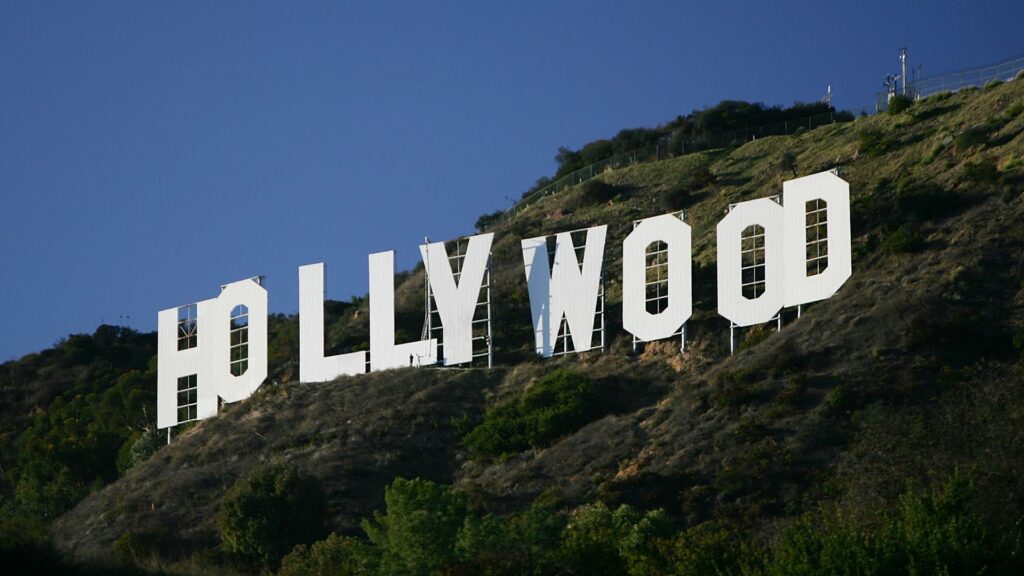President Donald Trump has announced plans to impose a 100% tariff on films produced outside the United States. The proposal has left Hollywood insiders scrambling for answers as few policy details were revealed.
Trump made the announcement Sunday night, May 4, on Truth Social, warning that “the movie industry in America is dying a very fast death.” He framed the issue as a national security threat, calling foreign-made films part of a “concerted effort by other nations” to spread propaganda.
Why films leave the US
For years, states like California, New York and Georgia have offered tax credits to keep productions at home. However, many actors and producers say it’s still often cheaper to film overseas.
According to a study by film industry expert Stephen Follows, about one-third of top-grossing films from 2000 to 2019 were filmed outside the U.S. Notable examples include the “Harry Potter” series, shot almost entirely in Britain, and “Avengers: Endgame,” which filmed some scenes in London despite doing most of its production in Georgia.
Initial questions and confusion
One major question is how the tariff would apply to films made partly in the U.S. and partly abroad.
The White House told The Washington Post on Monday, May 5, that no final decisions have been made, but “the administration is exploring all options to deliver on President Trump’s directive to safeguard our country’s national and economic security while Making Hollywood Great Again.”
While the Motion Picture Association declined to comment, some industry leaders are voicing concern.
Jay Sures, vice chairman of United Talent Agency, told CNN, “In its current form, the tariff doesn’t make sense.”
Producer Randy Greenberg posted on LinkedIn, “This will have the opposite effect. It will kill the movie industry faster. If you have to shoot in Thailand or Sydney or the UK, because that’s where the movie narrative is located, then what?”
Impact on global industries
International partners are also worried. A senior British film industry figure told The Guardian the move could wipe out the UK’s film industry and its workforce.
Meanwhile, California Gov. Gavin Newsom’s office emphasized the state’s commitment to supporting its iconic film sector. A spokesperson told The Wrap that Newsom’s plan to double California’s tax credits reflects his commitment to keeping jobs local — and that his office would review any formal tariff proposal.
Bob Salladay, Newsom’s senior communications advisor, told Deadline they believe Trump lacks the legal authority to impose tariffs under the International Economic Emergency Powers Act, since “tariffs are not listed as a remedy under that law.”
Trump’s Hollywood alliances
This move comes months after Trump tapped actors Jon Voight, Mel Gibson and Sylvester Stallone as special ambassadors to Hollywood. According to Deadline, Voight has recently met with union leaders and studio executives.
Sources suggest federal tax incentives could soon become part of the conversation, though this might clash with Trump’s other fiscal goals, including cutting national debt.
No concrete details yet
Trump told reporters Sunday night, “Other nations have been stealing the … movie-making capability of the United States. I have done some very strong research over the last week, and we are making very few movies now.”
For now, Hollywood workers and studios are left waiting for clear details on how the proposed tariffs will actually unfold and what they will mean for one of America’s most famous industries.


